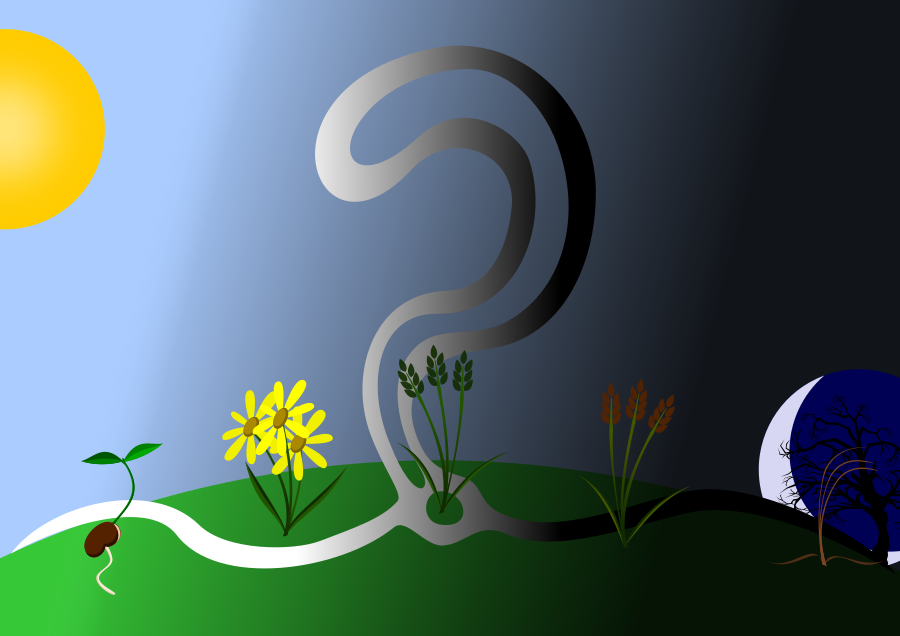
Thisness: Coming to our Senses (Part 2 of 3)
Jane Jacobs (an American-Canadian journalist, author, and activist who significantly influenced urban studies) advice to communities is to stop being subservient to those with grand visions and “Do what’s right for now and the future will turn out as well as it can.”
Hellenism, Stoicism, and Zen Buddhism, all remind us of the importance of cultivating the discipline of drawing our attention back, from that which is not local and not within our influence. They guide us instead to start with what is local and within our influence and then to work outwards in the fullness of our senses and time to take on bigger challenges, with the help of friends and neighbours. This advice rather than foreclosing on big dreams, provides the raw materials for turning those dreams into reality without destroying ourselves, each other and the planet in the process.
This act of choosing to build community from inside out, while not ignoring the future is apparent for example in the daily Zen meditation on death:
‘Death is certain, when is uncertain, what should I do?’ – Buddhist Meditation
There are many versions of this statement, all of which seek to communicate the fact that death is inevitable, but for the most part we don’t know the exact time it will occur. The prompt being to stop worrying about death and turn our attention towards what happens between now and then: life.
I often meditate to this question, as do some friends of mine. What’s striking about this meditation is that in the main, instead of causing us to become obsessively focused on death, it has the effect of intensifying our sense of aliveness in the here and now, yet also situating the past in a more helpful frame and opening up energy for future plans. Which in turn often has the effect of making one more accepting of the fact that life is a terminal condition, and that building community is a wise course of action in shaping a good life.
Cormac Russell
Thisness: Coming to our Senses (Part 1 of 3)
